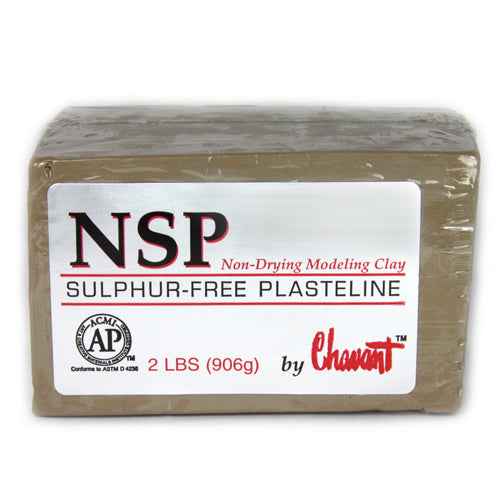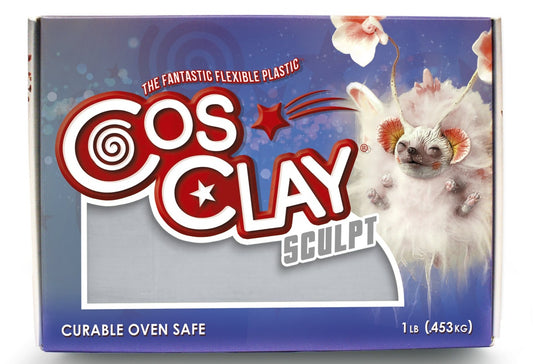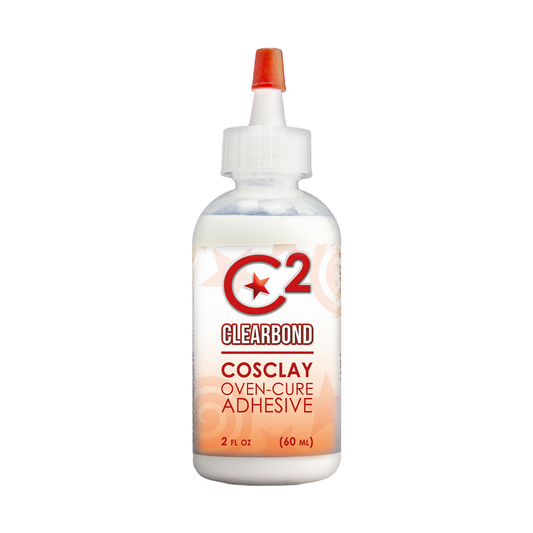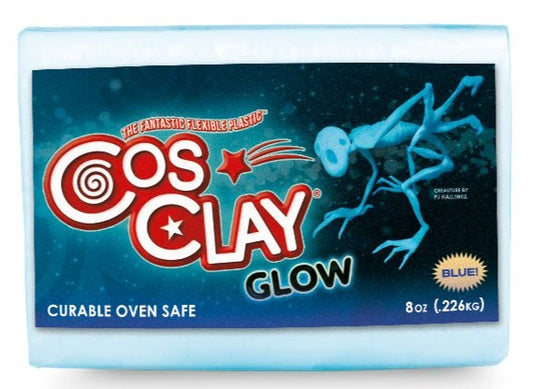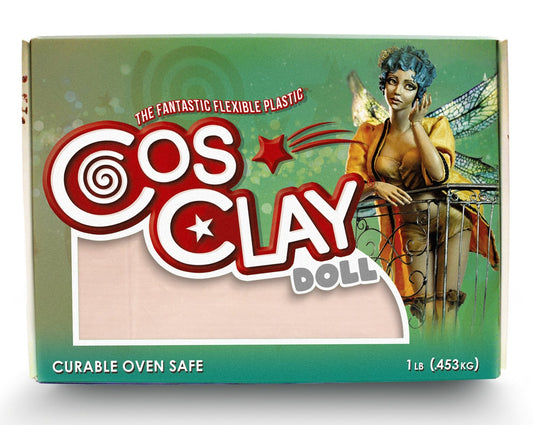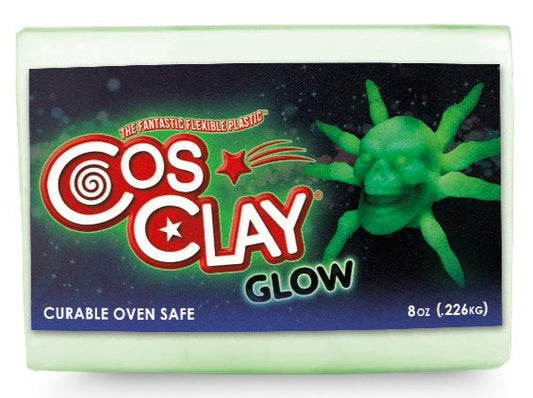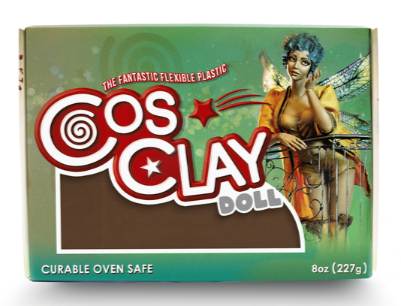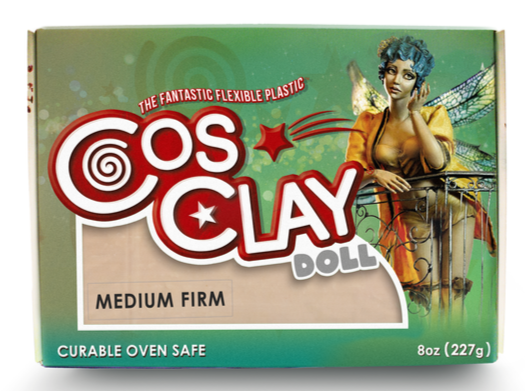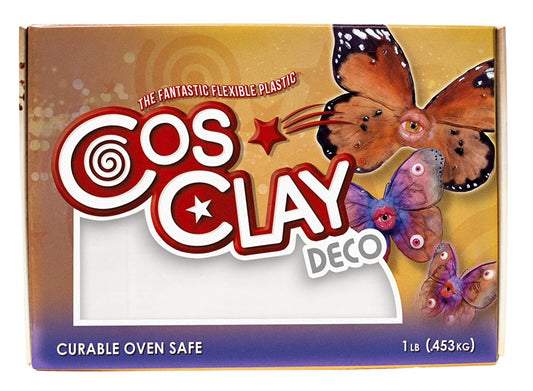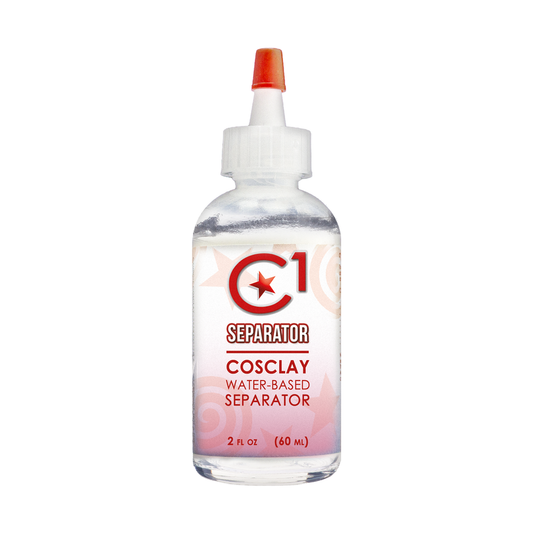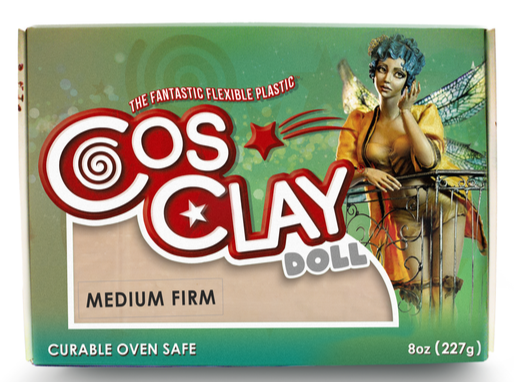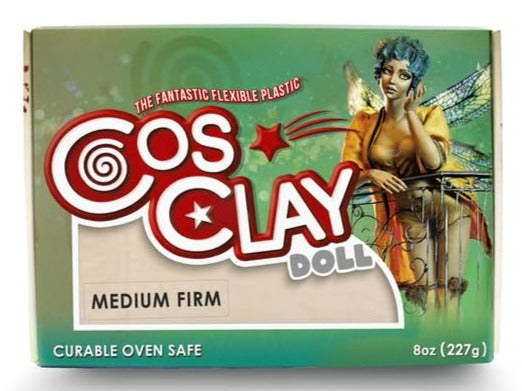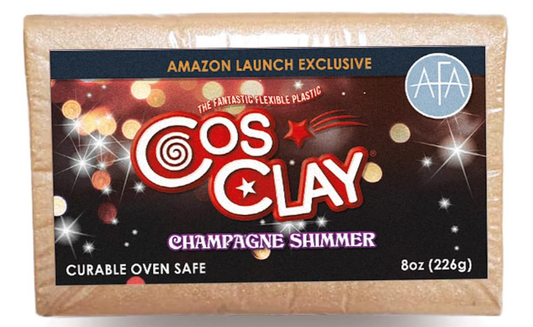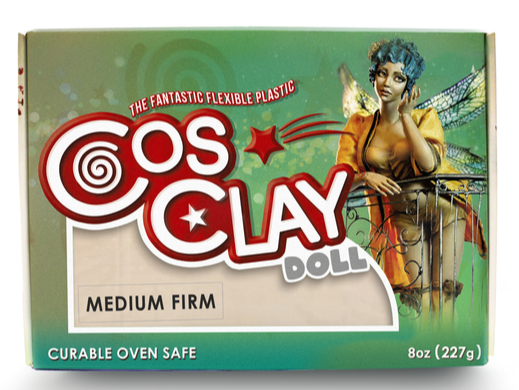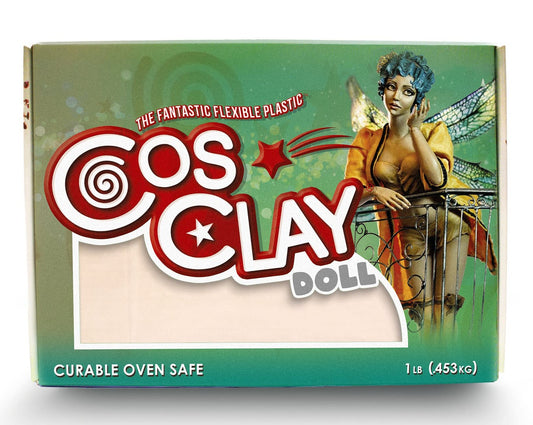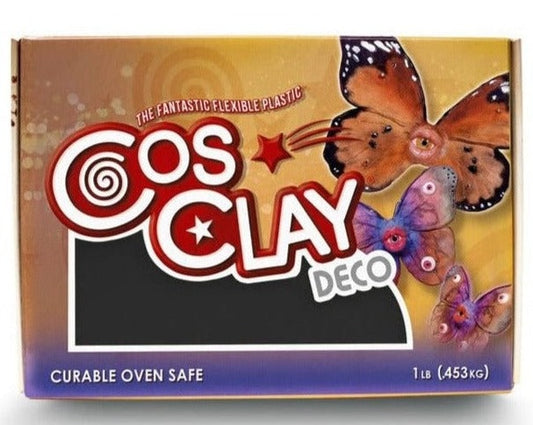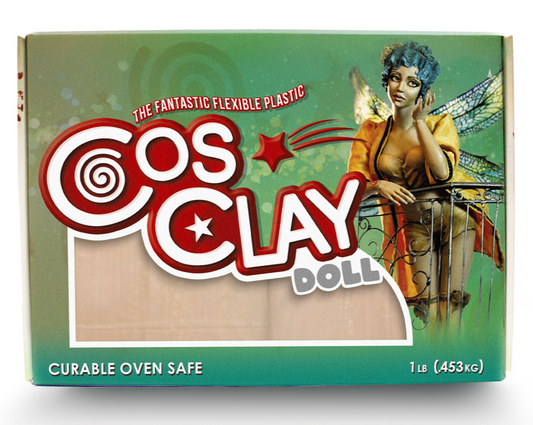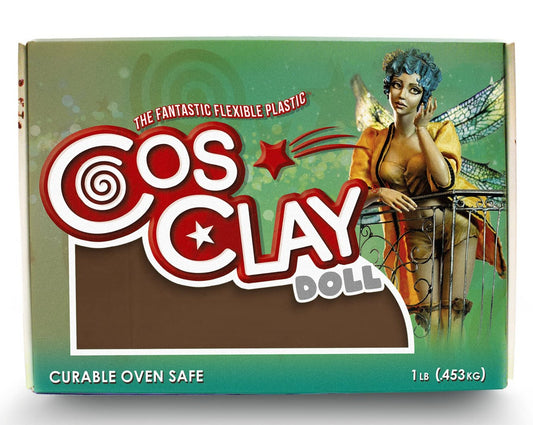vendor-unknown
Chavant NSP (Non Sulphurated Plasteline) Tan - 40lb Case
Chavant NSP (Non Sulphurated Plasteline) Tan - 40lb Case
Regular price
$184.99
Regular price
Sale price
$184.99
Unit price
per
Couldn't load pickup availability
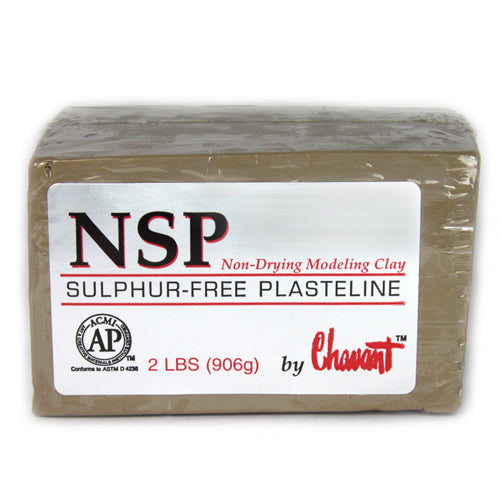
One of the more popular Chavant clays, NSP (non sulfurated plasteline) was brought to market in 1993 as an alternative to sulfur based clays, which often inhibited many rubber mold making products, and had the potential to cause a burning sensation in the eyes of some users. With a a higher percentage of wax components, NSP clays have been described as somewhat “tuffer” than their counterparts, allowing for detailed cut lines and fewer ragged edges.
Available consistencies include: Soft, Medium, and Hard.
Suface texture of NSP clays are often characterized as “grabby,” especially in comparison to sulfur based clays.
NSP clays are frequently used by sculptors, though they’re often used to fill cracks in industrial patterns or for the purpose of building dams while making splash molds, as well. Product designers in need of a flexible clay with good adhesive qualities also use NSP.
Stored in its original package, NSP has a phenomenal shelf life—in some cases years. If the clay is repeatedly warmed and cooled, however, the oxidation process is hastened. Occasionally this is seen as a benefit in the handling of the clay or during mold making, as the surface of the clay becomes harder.
All three consistencies of brown (Soft, Medium, Hard) are the same color. The gray-green color, however, is different across all three consistencies.
NSP can be warmed and melted. This is most often accomplished with a crock pot or hot plate, depending on the artist’s preference. Note that as the clay warms it becomes sticky. Water, lighter fluid, and even turpentine can be used in these situations to smooth the clay.
NSP’s melting point is 175 F, at which point it can be poured, sprayed, or brushed.
NSP Soft is frequently used at room temperature, while NSP Medium and Hard are most often warmed to a temperature of 110 F – 120 F in order to soften it. NSP hard can, and often is, tooled at room temperature.
Do note that due to potential oxidation, it’s advised to keep your sculpture out of direct sunlight and to cover it with either saran wrap or a plastic bag to prevent direct contact with the air.
Available consistencies include: Soft, Medium, and Hard.
Suface texture of NSP clays are often characterized as “grabby,” especially in comparison to sulfur based clays.
NSP clays are frequently used by sculptors, though they’re often used to fill cracks in industrial patterns or for the purpose of building dams while making splash molds, as well. Product designers in need of a flexible clay with good adhesive qualities also use NSP.
Stored in its original package, NSP has a phenomenal shelf life—in some cases years. If the clay is repeatedly warmed and cooled, however, the oxidation process is hastened. Occasionally this is seen as a benefit in the handling of the clay or during mold making, as the surface of the clay becomes harder.
All three consistencies of brown (Soft, Medium, Hard) are the same color. The gray-green color, however, is different across all three consistencies.
NSP can be warmed and melted. This is most often accomplished with a crock pot or hot plate, depending on the artist’s preference. Note that as the clay warms it becomes sticky. Water, lighter fluid, and even turpentine can be used in these situations to smooth the clay.
NSP’s melting point is 175 F, at which point it can be poured, sprayed, or brushed.
NSP Soft is frequently used at room temperature, while NSP Medium and Hard are most often warmed to a temperature of 110 F – 120 F in order to soften it. NSP hard can, and often is, tooled at room temperature.
Do note that due to potential oxidation, it’s advised to keep your sculpture out of direct sunlight and to cover it with either saran wrap or a plastic bag to prevent direct contact with the air.


